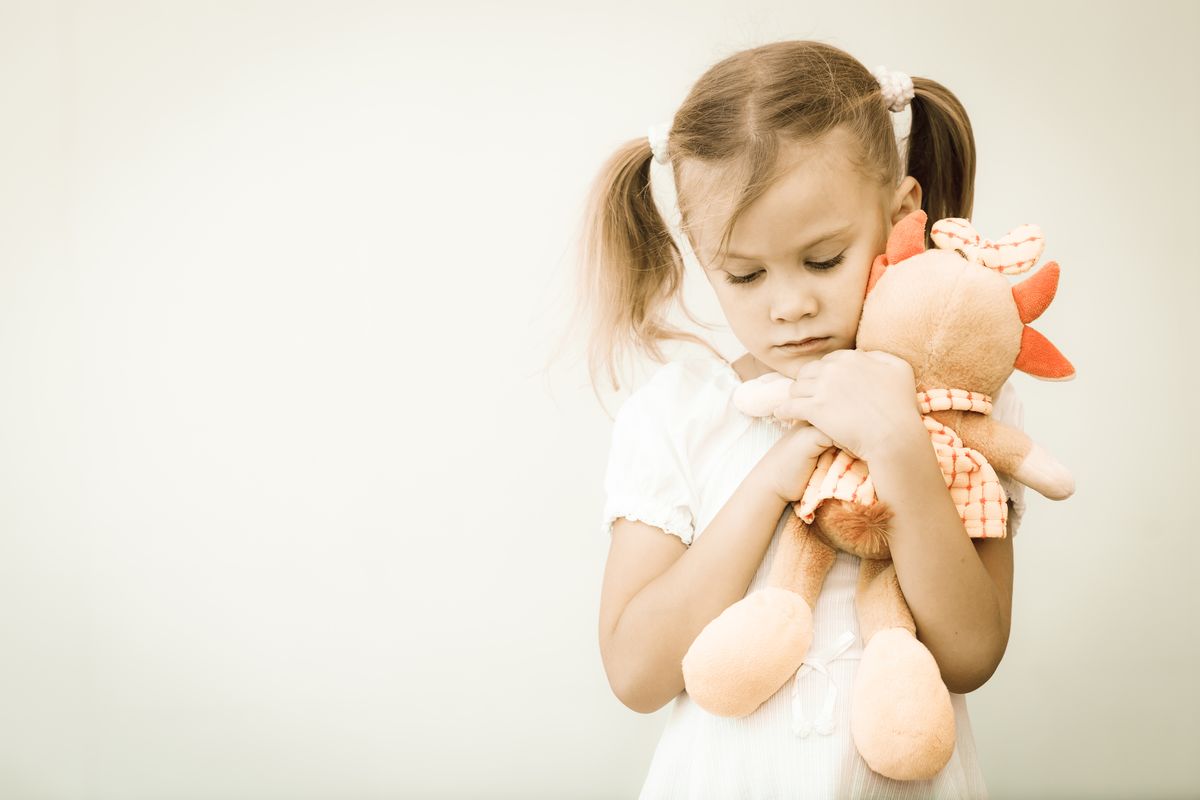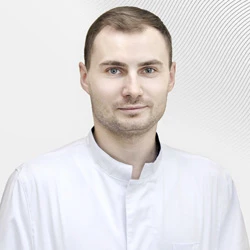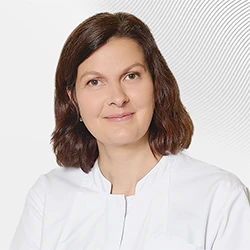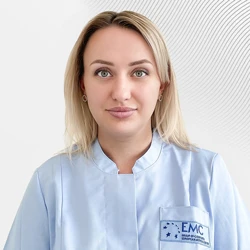Almost all children experience fear and anxiety. The appearance of fear in extreme, life-threatening situations is normal. But in some children, fears develop into phobic states: there may be a pathological fear of water, darkness, etc. Anxiety phobic disorders often occur in adolescents. As a rule, these are social phobias. Children are afraid of disapproval or criticism from their peers and teachers.
Ekaterina Kuzmina– a psychiatrist and psychotherapist, tells the story
Almost all children experience fear and anxiety. The appearance of fear in extreme, life-threatening situations is normal. But in some children, fears develop into phobic states: there may be a pathological fear of water, darkness, etc. Anxiety phobic disorders often occur in adolescents. As a rule, these are social phobias. Children are afraid of disapproval or criticism from peers and teachers.
Phobic fears in children are different from the usual ones. They are more intense and emotionally charged. Fear can occur not only at the moment when a child is confronted with its cause, it can be constantly present in the form of obsessive reflections on this topic. The child is afraid of circumstances in which he may experience fear. He constantly thinks and talks about his fears, and avoids situations where he might encounter them. For example, he refuses to go outside, does not go near the water, refuses to travel, leaves the light on, and never stays alone in the room.
Causes of phobias in children
The foundation for the formation of phobias are the specific character traits of a child: increased impressionability, vulnerability, suspiciousness, suspicion. Such children tend to overly fix their attention on their experiences and reflect on the event for a long time. They have a rich imagination and often have outstanding creative abilities. To prevent panic attacks, it is important to consult a specialist when the child has just started having fears. Children often hide their fears from adults, so it is important not to ignore behavioral patterns and increased anxiety.
Phobias can cause neurotic states and panic disorders in adulthood. In children, phobias can develop into tics, frequent blinking, and twitching. Phobias can disrupt sleep patterns and quality. The child cannot sleep for a long time, often wakes up at night. He has nightmares, the characters of which are objects of fear. In the morning, the child feels tired and drowsy during the daytime.
Children with phobic disorders may develop somatic symptoms:abdominal pain, single loose stools, fever without respiratory symptoms. In such cases, we recommend contacting a pediatrician to rule out a somatic pathology.
Diagnosis and treatment of childhood phobias at the EMC clinic

The first consultation is conducted by a psychiatrist to rule out more serious mental disorders. First, the doctor talks with the parents, then with the child. In some cases, the consultation takes place in the format of a game. Then, together with a psychotherapist, a correction plan is drawn up. Sometimes a neuropsychologist's examination is required. It allows you to understand the features of a child's development.
In some cases, drug therapy may be necessary. In parallel, a child psychotherapist begins to work with the patient. Psychotherapy techniques are aimed at reducing the symptoms of pathological fear. With the help of psychotherapy, the child learns to react correctly to the object of anxiety. During psychotherapy sessions, the patient learns relaxation techniques and relieves muscle tension. The child learns what conflict resolution options exist. We often recommend BOS therapy as an adjunct or alternative to pharmacotherapy.
Recommendations for parents of an anxious child
Do more sports, attend educational classes. During the day, it is important to distribute the intensity of classes: educational classes should alternate with sports sections, minimizing active activities in the afternoon. Reading books, modeling, and drawing are good for the evening. Experts recommend that anxious children practice swimming. Especially in the evening. Relaxing baths or contrast showers have a positive effect. Baths with various preparations soothe and help you go to sleep smoothly.
 If a child is afraid of change, afraid of something new, for example, moving, changing kindergarten / school, it is necessary to prepare the child in advance. For example, if a child is going to sleep separately from his parents, you can choose toys together in advance so that the child feels comfortable in the room. If parents do not know how to prepare a child, they can always come to us for a consultation and discuss any issues with a specialist.
If a child is afraid of change, afraid of something new, for example, moving, changing kindergarten / school, it is necessary to prepare the child in advance. For example, if a child is going to sleep separately from his parents, you can choose toys together in advance so that the child feels comfortable in the room. If parents do not know how to prepare a child, they can always come to us for a consultation and discuss any issues with a specialist.
Why us?
- The Department of Child Psychiatry is located within the framework of a multidisciplinary children's clinic, where all types of diagnostics and any specialists are available.
- Collegial patient management allows you to accurately and quickly establish a diagnosis and choose the right therapy.
- Before starting pharmacotherapy, laboratory examinations and consultation with a neurologist are performed to minimize side effects and enhance the therapeutic effect.
- We use BOS therapy as an alternative to medical treatment.
- Family support. Family psychotherapy enhances the effect of treatment and reduces the risk of recurrence of the disease.
.webp)












.webp)





.webp)






